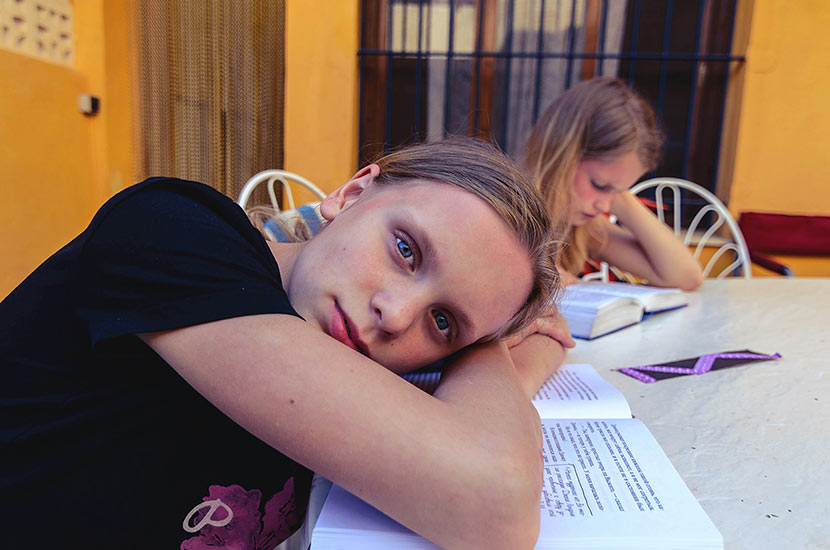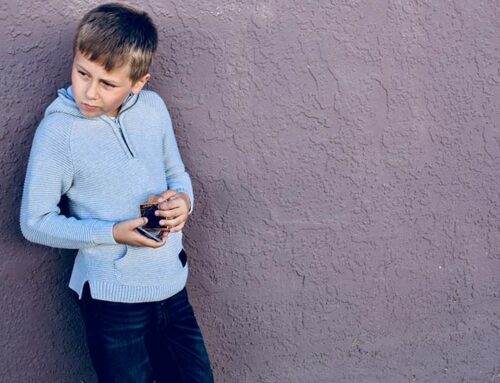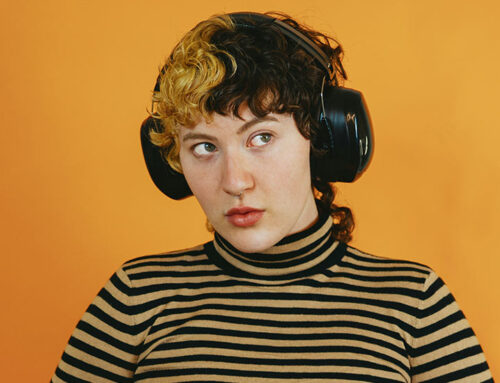It’s completely normal for children to feel sad, anxious, or frustrated from time to time. Life comes with ups and downs—academic stress, friendship struggles, family changes, or even just a tough week at school can impact a child’s emotions. But how do you know when it’s more than just a rough patch?
If your child is consistently withdrawn, seems persistently irritable, frequently cries without an obvious reason, or avoids things they once enjoyed, they may be experiencing something deeper—like childhood depression or anxiety.
Recognizing the signs early and seeking professional psychological help can make a meaningful difference in your child’s emotional development and overall well-being.
Understanding Childhood Depression and Anxiety
Depression and anxiety are two of the most common mental health challenges among children and teens today. Research shows that approximately 1 in 10 children will struggle with an anxiety disorder or depressive symptoms before reaching adulthood. These conditions can show up in many ways, and they don’t always look the same in children as they do in adults.
For some children, anxiety may show up as physical symptoms—stomachaches, headaches, or trouble sleeping. For others, depression might appear as constant boredom, low energy, or feeling “numb.” It’s important to remember that children often don’t have the language to explain what they’re feeling, which is why changes in behavior can be such a vital clue.
Signs of Anxiety and Depression in Children You Shouldn’t Ignore
- Ongoing sadness or hopelessness
- Sudden drop in school performance or focus (could be misdiagnosed as ADHD)
- Irritability or anger outbursts
- Excessive worry, fear, or avoidance of new situations
- Difficulty sleeping or frequent nightmares
- Physical complaints with no medical cause (headaches, stomachaches)
- Loss of interest in hobbies or friends
- Increased sensitivity to rejection or failure
- Withdrawal from family activities
While many of these signs can occasionally occur in healthy children, their intensity, duration, and impact on daily life are what make them concerning.
The Overlap with ADHD and Emotional Struggles
It’s not uncommon for children diagnosed with ADHD to also experience anxiety or depression. In fact, emotional regulation challenges are frequently linked with both conditions. That’s why comprehensive psychological evaluation and testing are crucial to understanding the full picture of what your child is experiencing.
At 360 Pediatric Psychology, we provide psychological evaluations that can assess for ADHD, anxiety, depression, and other emotional or behavioral concerns. An accurate diagnosis opens the door to targeted treatment and better support—at home, in school, and in relationships.
Effective Counseling for Children: Therapy That Works
Children and families do not have to face these challenges alone. Evidence-based therapies can offer life-changing support for kids struggling with depression, anxiety, or other emotional difficulties.
Two of the most effective types of therapy for childhood anxiety and depression include:
- Cognitive Behavioral Therapy (CBT)
CBT helps children learn how their thoughts, feelings, and behaviors are connected. By identifying and reshaping negative thought patterns, CBT teaches coping skills that improve self-esteem, reduce worry, and increase resilience. - Interpersonal Therapy (IPT)
IPT focuses on helping children improve communication skills and strengthen their relationships. This form of therapy is especially useful when social conflict, loss, or family changes are contributing to emotional distress.
These therapeutic approaches are highly effective and evidence-based. With the right support, children often experience significant improvements in mood, relationships, school performance, and daily functioning.
Counseling for Families: Supporting Your Child as a Team
Counseling isn’t just for children. Family counseling can help parents better understand their child’s needs, improve communication, and learn supportive strategies that work at home. Mental health support for the entire family strengthens your child’s environment and promotes healing and growth.
Resources and Support for Parents
If you’re concerned about your child’s emotional health, know that you’re not alone. Seeking psychological help is a courageous and caring decision. Whether you’re looking for therapy, diagnostic clarity, or emotional support, there are trusted resources available to guide you.
At 360 Pediatric Psychology, we offer:
- Psychological evaluations for depression, anxiety, ADHD, and learning challenges
- Individual counseling for children and teens
- Family therapy and parent support
- Evidence-based treatment plans tailored to your child’s unique needs
- Referrals and resource connections to help you navigate care beyond our office
When to Reach Out
It’s time to reach out for help if:
- Your child’s mood or behavior has changed significantly
- You feel overwhelmed or unsure about how to support them
- School, home life, or friendships are being impacted
- Your child talks about self-harm, worthlessness, or not wanting to live
There is no shame in asking for help. Early intervention is one of the most powerful ways to support your child’s long-term mental health.
You’re Not Alne—We’re Here to Help
If your child is showing signs of depression or anxiety, professional help is available—and it works. With compassion, clinical expertise, and personalized support, your child can gain the tools they need to thrive.
Learn more about our services for depression, anxiety, ADHD, and emotional support at:
https://360pedpsych.com






